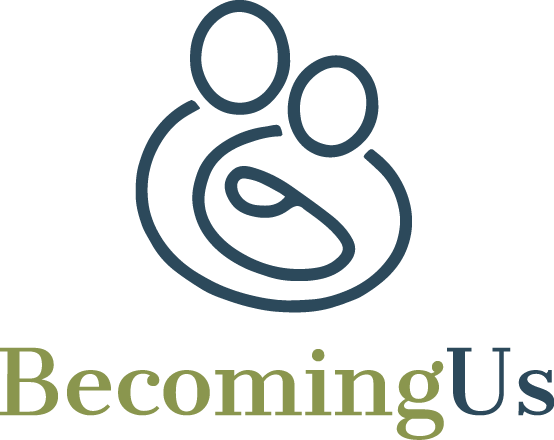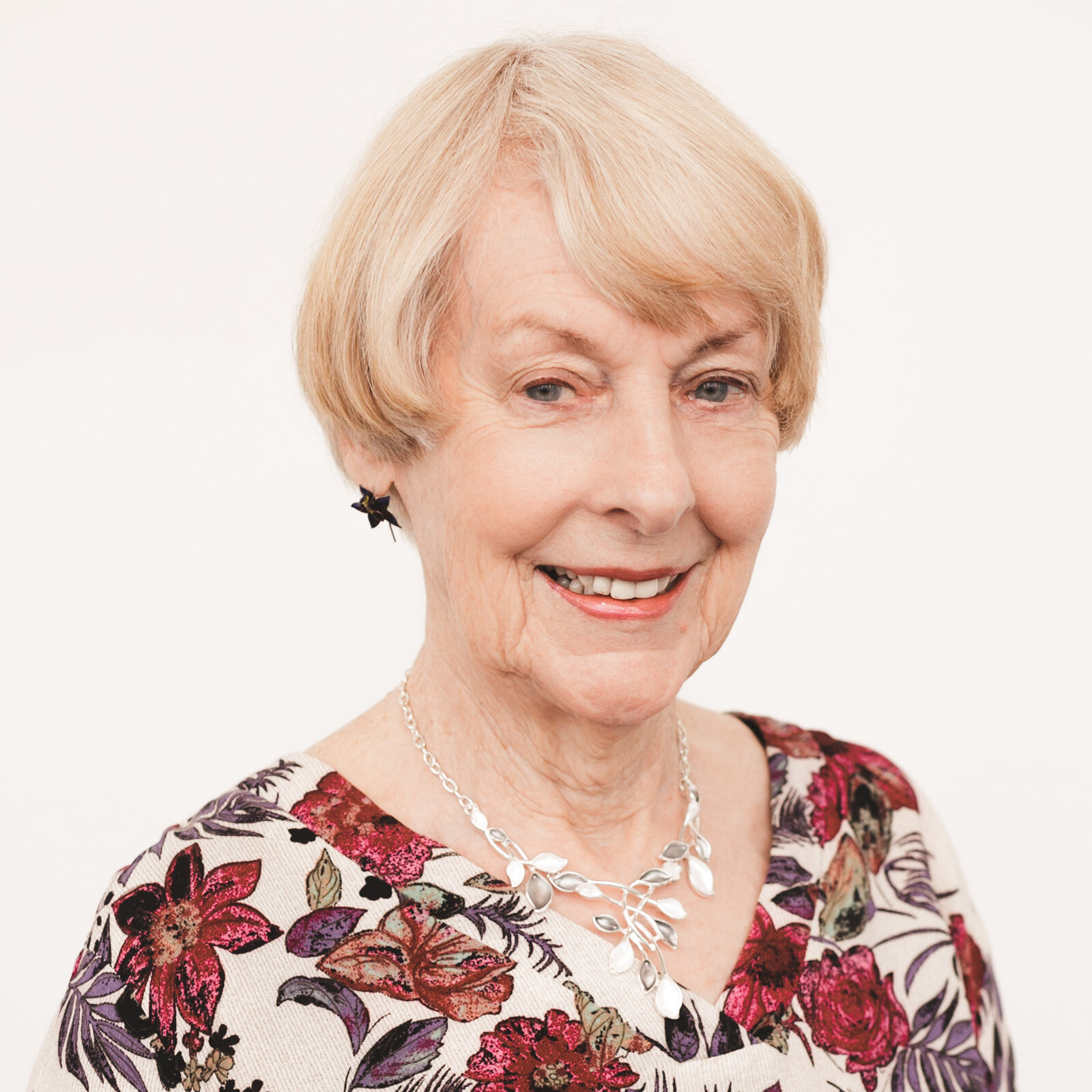We are honoured to share the following endorsement from preeminent child and family psychiatrist Professor Bryanne Barnett AM. Bryanne is currently Conjoint Professor at the University of New South Wales, where she previously held the position of Foundation Chair of Perinatal and Infant Psychiatry at the South Western Sydney Clinical School.
Bryanne is a Foundation Board member of the Australasian Birth Trauma Association (ABTA) and a Foundation member and past President of the Australian Association for Infant Mental Health, the Australian Society for Psychosocial Obstetrics and Gynaecology, and both the International and Australasian Marcé Societies.
Bryanne’s professional interests focus on early intervention, prevention and health promotion. She was a consultant psychiatrist with St John of God Health Care and Karitane, where she was also Chairman of the Board for many years. Bryanne has collaborated with Beyond Blue and in 2007 was awarded Membership of the Order of Australia for services to the profession and to the community.
When I first heard Elly present her unique "Becoming Us" whole-family approach to parenthood, I was impressed to note that she was looking beyond the traditional health and medical outcomes addressing the individual woman or the mother-baby dyad. I have seen so many important ideas come and go over my 30 plus years in this field that I felt compelled to ask her how she intended to spread the word and make her work sustainable. My recommendation was for Elly to create a professional training program to share her experience, knowledge and wisdom.
We know from research and clinical experience that there is a reciprocal relationship between partner satisfaction and mental health, and yet this vital factor is rarely included in the education of perinatal health professionals or in the course of their work.
Receiving positive and appropriate social support from the partner is often cited as the most important variable in avoiding perinatal mental health difficulties, and we are well aware of the intergenerational transmission of trauma, but we rarely seem to set about addressing this appropriately over the course of pregnancy and the early postpartum years.
We are missing what could be our best opportunity for prevention and early intervention in mental health for the whole family.
I believe the Becoming Us relationship based approach provides a vital missing piece of the perinatal wellbeing puzzle that is too often overlooked and goes unaddressed. I therefore recommend this practical, insightful and transformative professional training to those who want to provide effective parenthood preparation and support.

